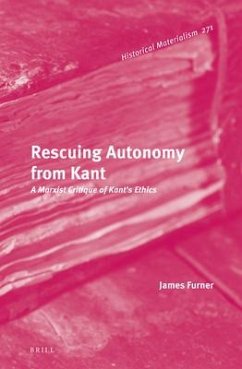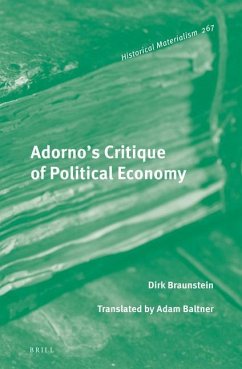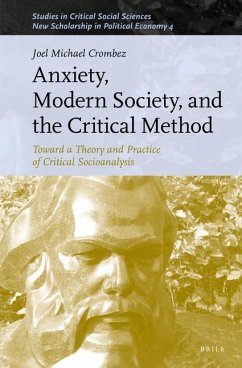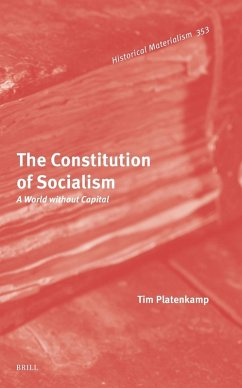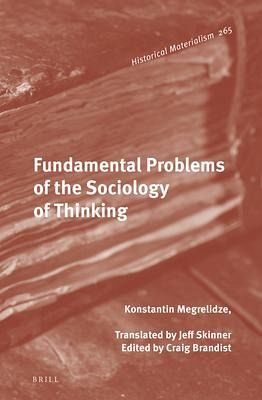
Fundamental Problems of the Sociology of Thinking
Versandkostenfrei!
Versandfertig in über 4 Wochen
171,99 €
inkl. MwSt.
Weitere Ausgaben:

PAYBACK Punkte
86 °P sammeln!
Written at the height of the purges, but unpublished for decades, Megrelidze's text is arguably the most significant, erudite and wide-ranging work of Marxist philosophy written in the USSR at the time.






